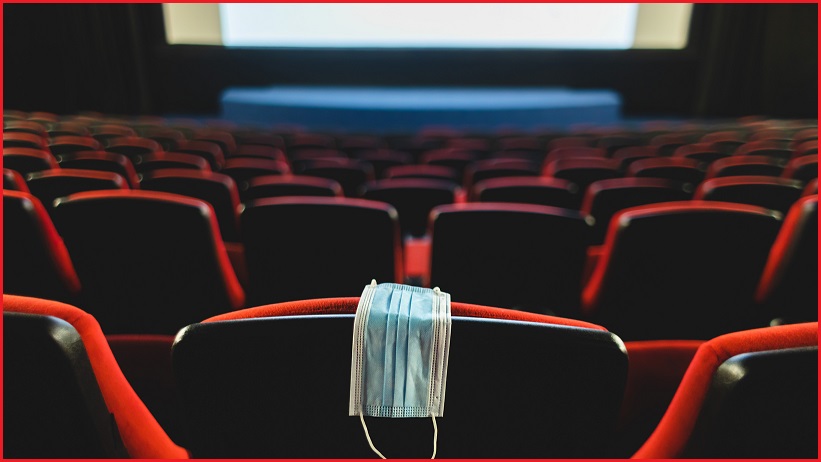After two years in the doldrums, movies are finally doing big business again – but as cinemas experiment with new business models to make up lost ground, a new service will help them become less about movies and more about upsizing the lounge-room streaming experience.
Providing that experience has become crucial in winning back consumers that were spoilt by streaming choice during two years in which cinemas were initially closed, and then cautiously reopened amidst COVID fears that have kept movie attendance at less than half of pre-pandemic levels.
Many revelled in the efforts of movie studios, which overhauled their business model to keep consumers engaged during the pandemic – releasing many first-run movies straight to streaming services as they watched box-office sales drop 50 per cent last year.
Yet even as northern summer blockbusters like Top Gun: Maverick and Jurassic World: Dominion look set to consolidate the industry’s recovery, many cinemas are looking for ways to convince customers – many of whom are already turning away from Netflix – to get off the couch and head back to the theatre.
Telstra, working with Silver Trak Digital, thinks it is onto a winner with a new 5G streaming service called Cinema Direct that enables cinema owners to stream first-run movies in ultra-high quality, directly from the film distributors.
Silver Trak, whose digital rights management system protects studios’ copyright by preventing the high-quality digital files from being accessed or copied, offers the equipment free to theatre owners that can order and project movies on demand.
Telstra provides support to ensure the service – which runs over high-speed 5G mobile networks in urban areas and 4G networks in rural areas – works smoothly to avoid normal mobile service dropouts that could alienate paying audiences.
Although the system is initially being used by a range of theatre owners to stream movies, Silver Trak Digital chief operating officer Christian Christiansen said the real value of the “sea change in the digital content delivery landscape” will come as cinema owners begin using it to stream other types of media that aren’t normally available any other way.
This might, for example, see a theatre selling tickets to a simulcast of a sold-out concert happening at a stadium on the other side of the city – with revenues split between theatre owner and the event promoter.
Theatres could broadcast super high-resolution broadcasts of sporting events, notable public speakers, interactive sessions with overseas dignitaries, and more – allowing theatres in regional areas to offer local residents access to events they might otherwise never be able to see.
Your lounge room away from your lounge room
Having already been shut down for health reasons, many cinema owners spent much of the pandemic trying to figure out how they could convince customers turn off Netflix, get off their sofas, and brave the still-considerable menace of COVID-19.
The benefits of increasingly comfortable movie seats and catering – but not yet the double beds trialled in South Korea – had already been proven in Australia by the likes of Village Cinemas and Hoyts.
However, next-generation theatre seats have taken the idea to the next level – with the Flexound Pulse offering built-in surround sound for every theatregoer, and D-Box providing seats that rock and shake in time with the movie.
The idea is to keep theatres providing a moviegoing experience that can’t be matched at home – which became increasingly difficult as locked-down customers splurged on bigger TVs, surround sound systems and theatre-grade chairs to indulge their streaming content.
By tapping 5G networks’ ability to move data at up to nearly 1Gbps – fast enough to comfortably carry a super high-resolution 8K video stream – cinemas could soon be selling tickets to super-immersive broadcasts of events like the Olympic Games, with 8K broadcasts demonstrated at last year’s Tokyo summer Olympics and this year’s Beijing winter Games as large-scale proofs of concept.
“The availability of rich media services means live sporting events, concerts, and other exclusive content can be delivered at super high quality to any venue… in real time, at any time, with the simple click of a button,” said Christensen.
By offering on-demand access to a wider variety of content than ever, theatres could soon reinvent themselves as super high-end versions of your own lounge room – but with someone else to bring you food, pick out the popcorn from the cracks in the seats, and clean up that drink somebody spilled on the floor.










